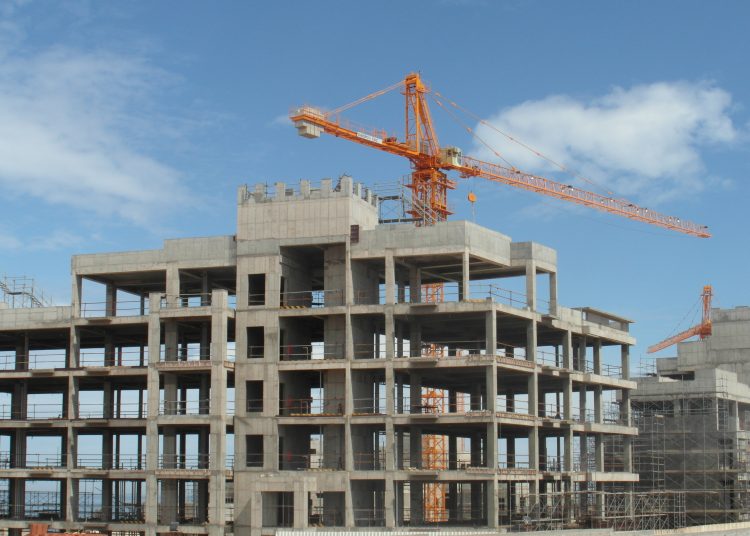At the workshop held in Tripoli yesterday entitled “The Role of the Banking Sector in Revitalizing Stalled Housing Projects and Urban Development” organised by the Central Bank of Libya in cooperation with the Tripoli based Libyan government, it was revealed that 150,000 housing units are to be completed by 2030.
The workshop was attended by the Governor of the Central Bank of Libya, Naji Issa, several heads of bank boards of directors and general managers, in addition to representatives of government agencies and real estate developers.
Importance of strengthening partnership between banks and government institutions
The Governor of the Central Bank of Libya stressed the importance of strengthening the partnership between banks and government institutions to provide financing solutions that support the resumption of housing projects, pointing to the bank’s commitment to facilitating procedures and activating appropriate financing tools.
The CBL added that the workshop emphasises its commitment to its developmental role in supporting economic recovery and achieving social stability through balanced policies, creating a stimulating and sustainable financing environment, facilitating real estate financing through appropriate controls, and supporting youth and real estate developers.
150,000 housing units to be completed by 2030
The Director General of the National Program for Housing and Real Estate Development, Faisal bin Dardif, presented a working paper on the housing need until 2030, and presented development and commercial models for future projects, reviewing the Prime Minister’s initiative to complete and implement 150,000 housing units within the 2025-2030 plan.
Dialogue between stakeholders
Bin Dardif stressed the importance of establishing a dialogue platform that brings together stakeholders to coordinate efforts, while involving youth and professionals in the development of the sector to ensure its sustainability.
Need to accelerate implementation of stalled projects
The participants stressed the need to accelerate the implementation of stalled projects, and stimulate real estate investment in a way that contributes to improving the standard of living and creating job opportunities.
.










